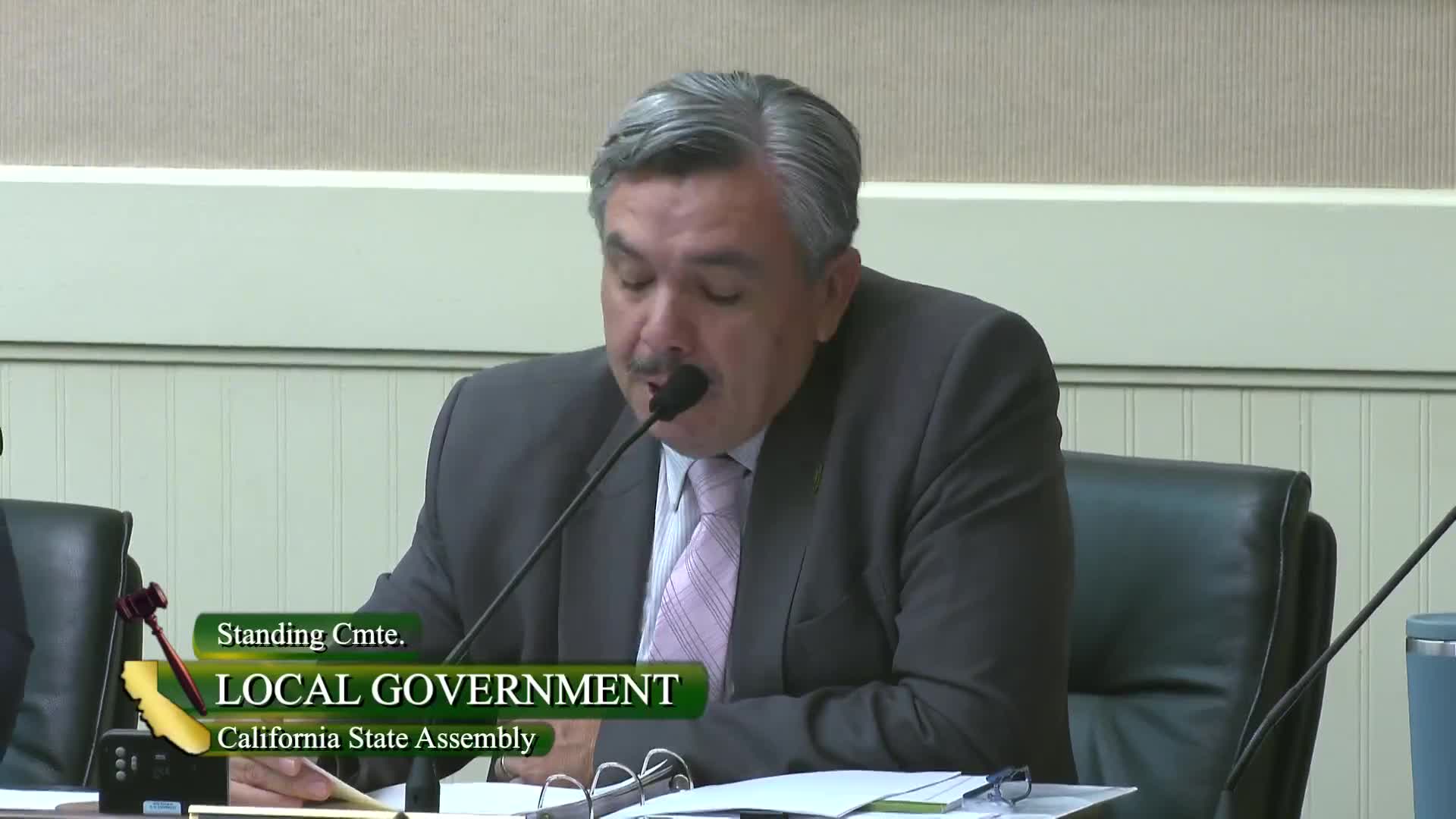Article not found
This article is no longer available. But don't worry—we've gathered other articles that discuss the same topic.
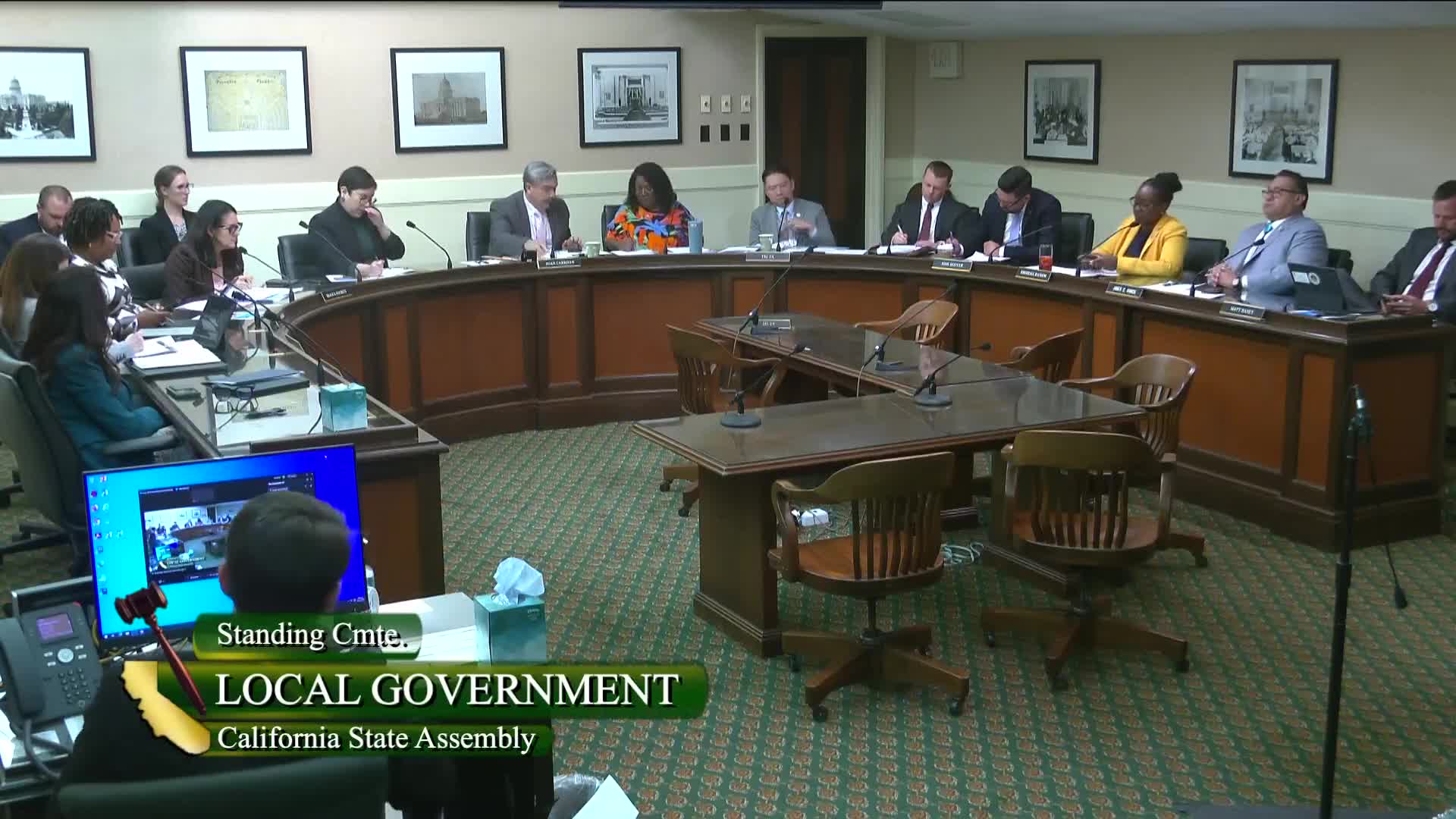
Assembly Local Government Committee approves consent calendar of eight bills
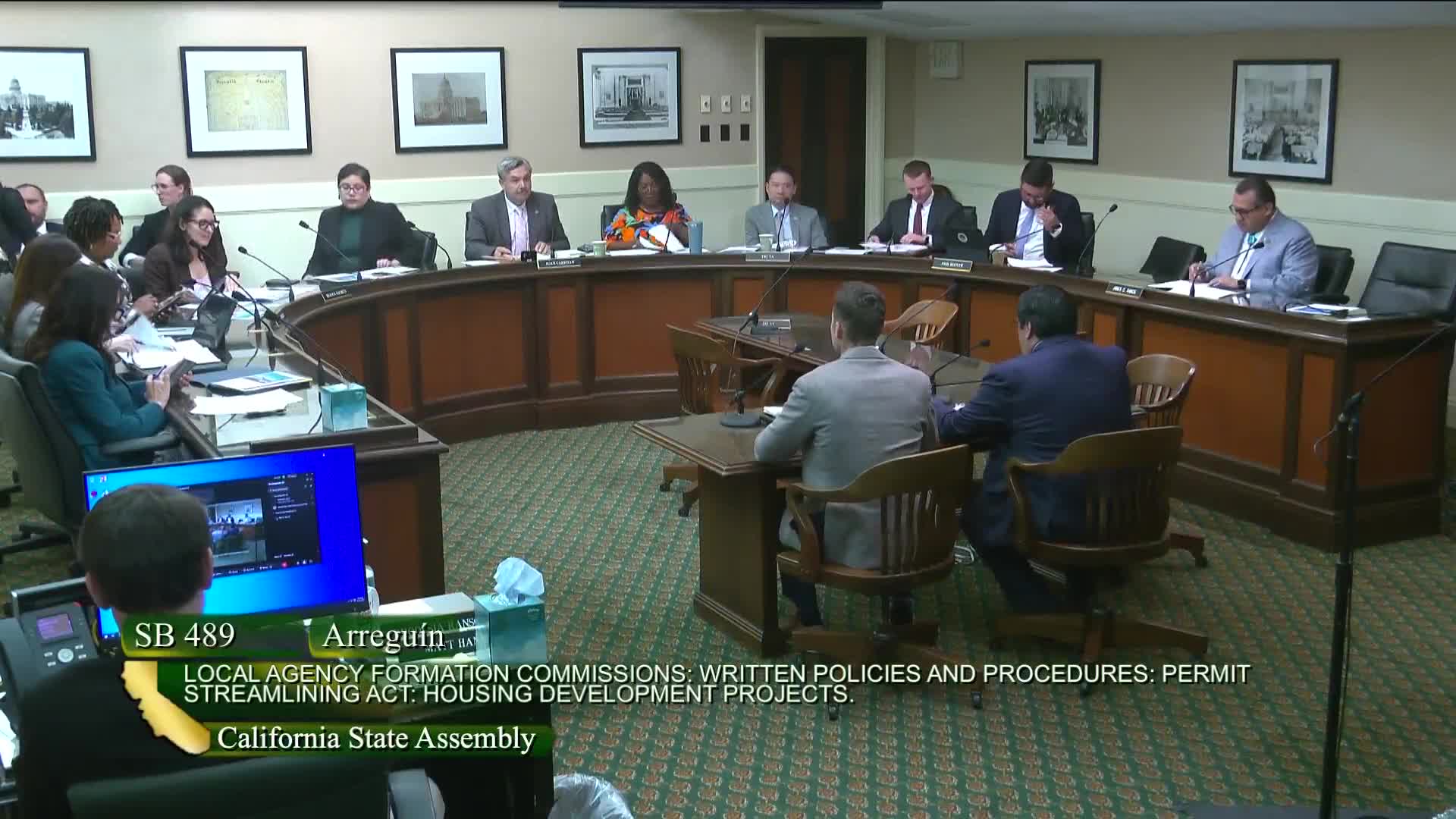
Bill would require agencies to publish post-approval and completeness requirements online to speed housing approvals
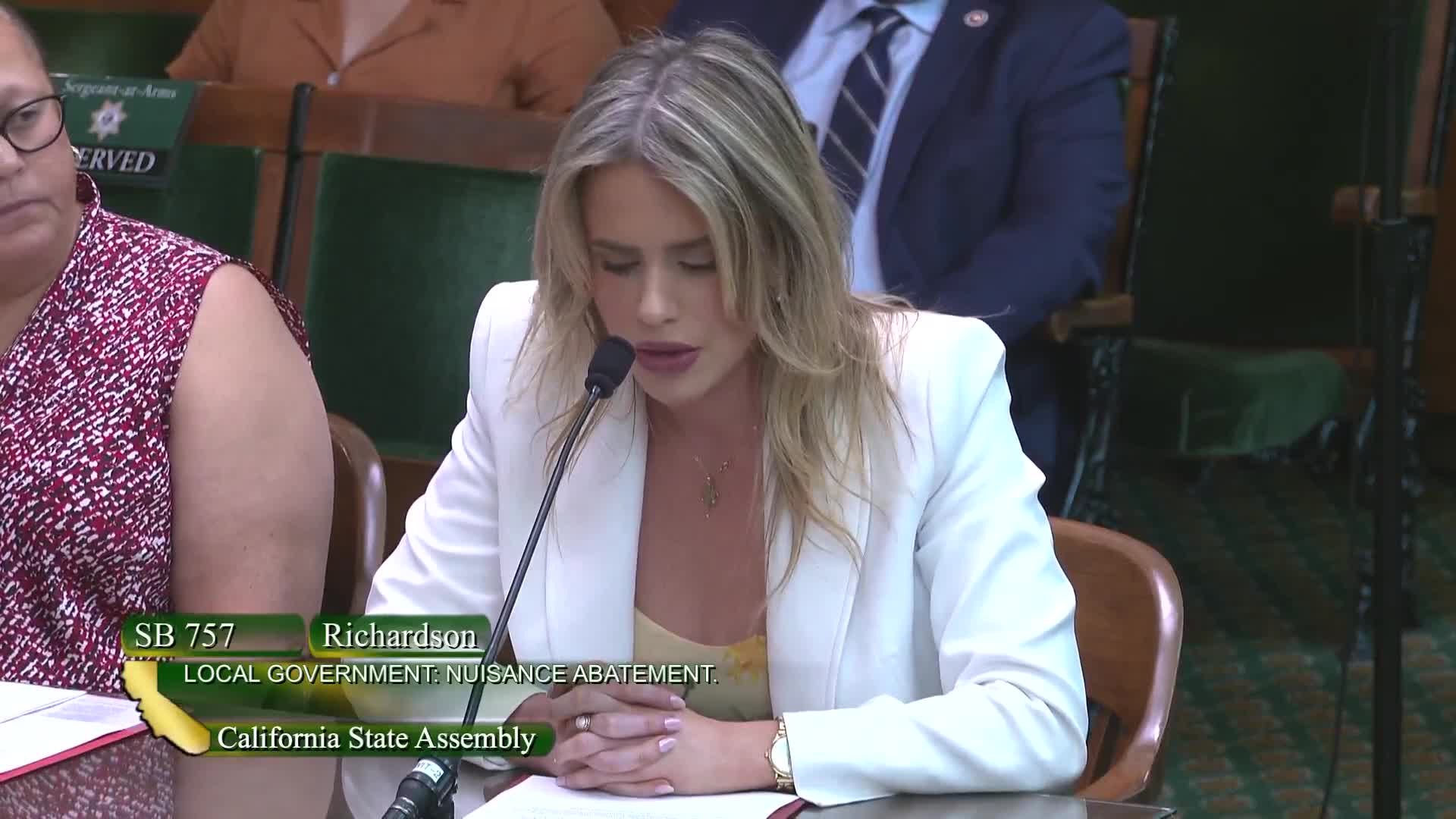
Bill would let cities and counties place liens or special assessments to recover nuisance-abatement costs with hardship safeguards
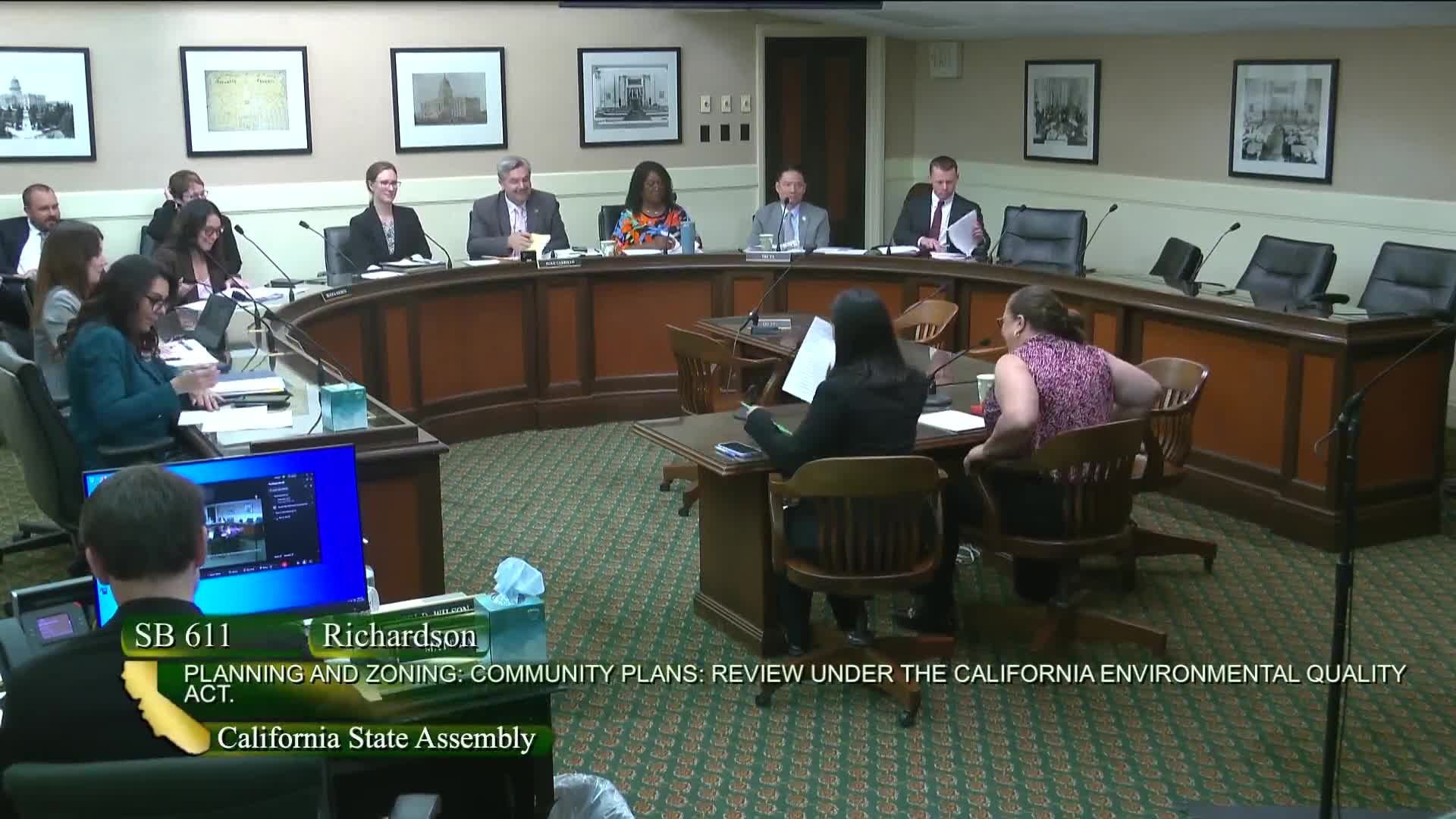
Bill seeks to restore CEQA vesting protections for projects permitted under recent community plans
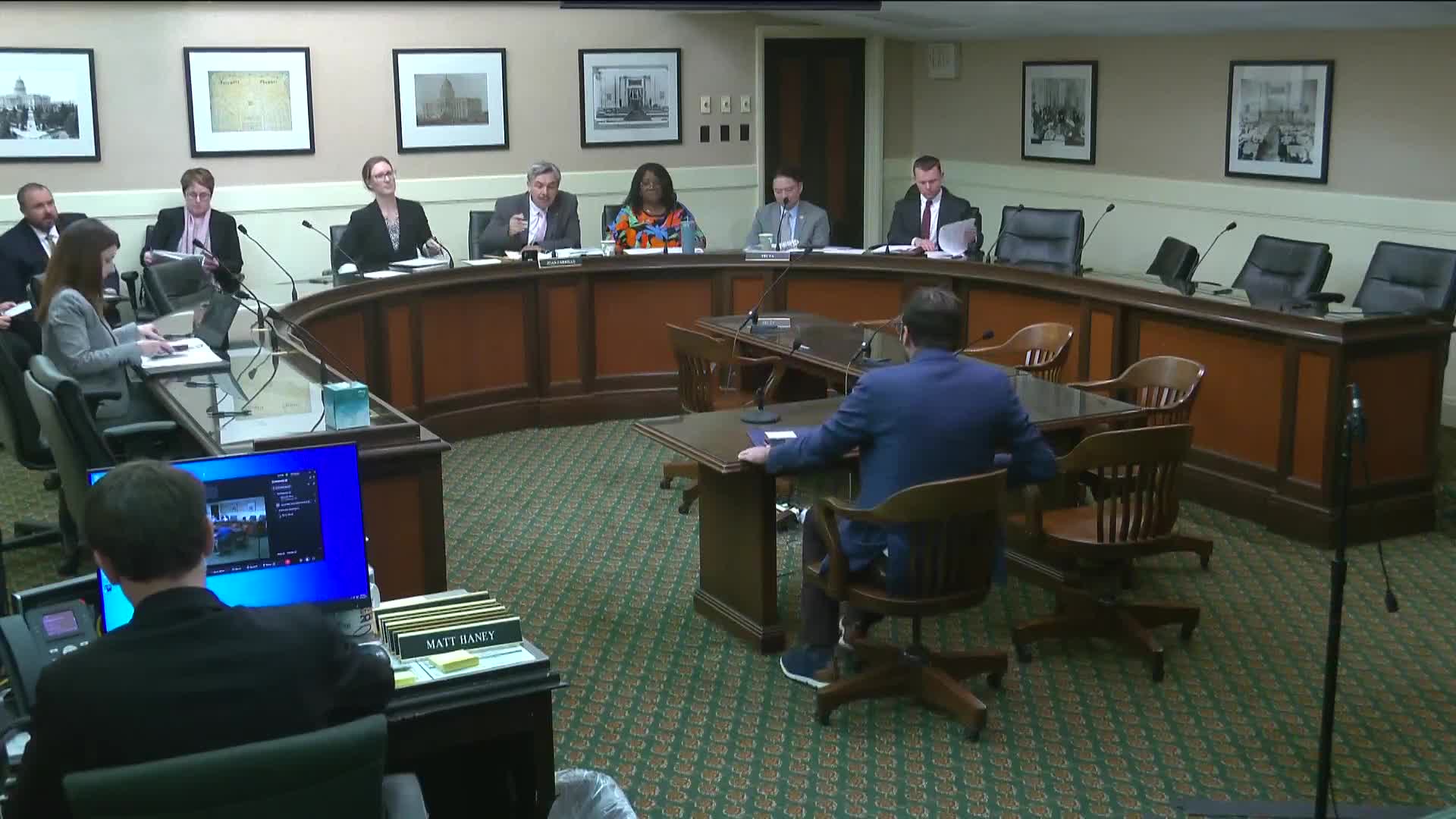
Bill would let local governments raise fines and recover damages for commercial water theft
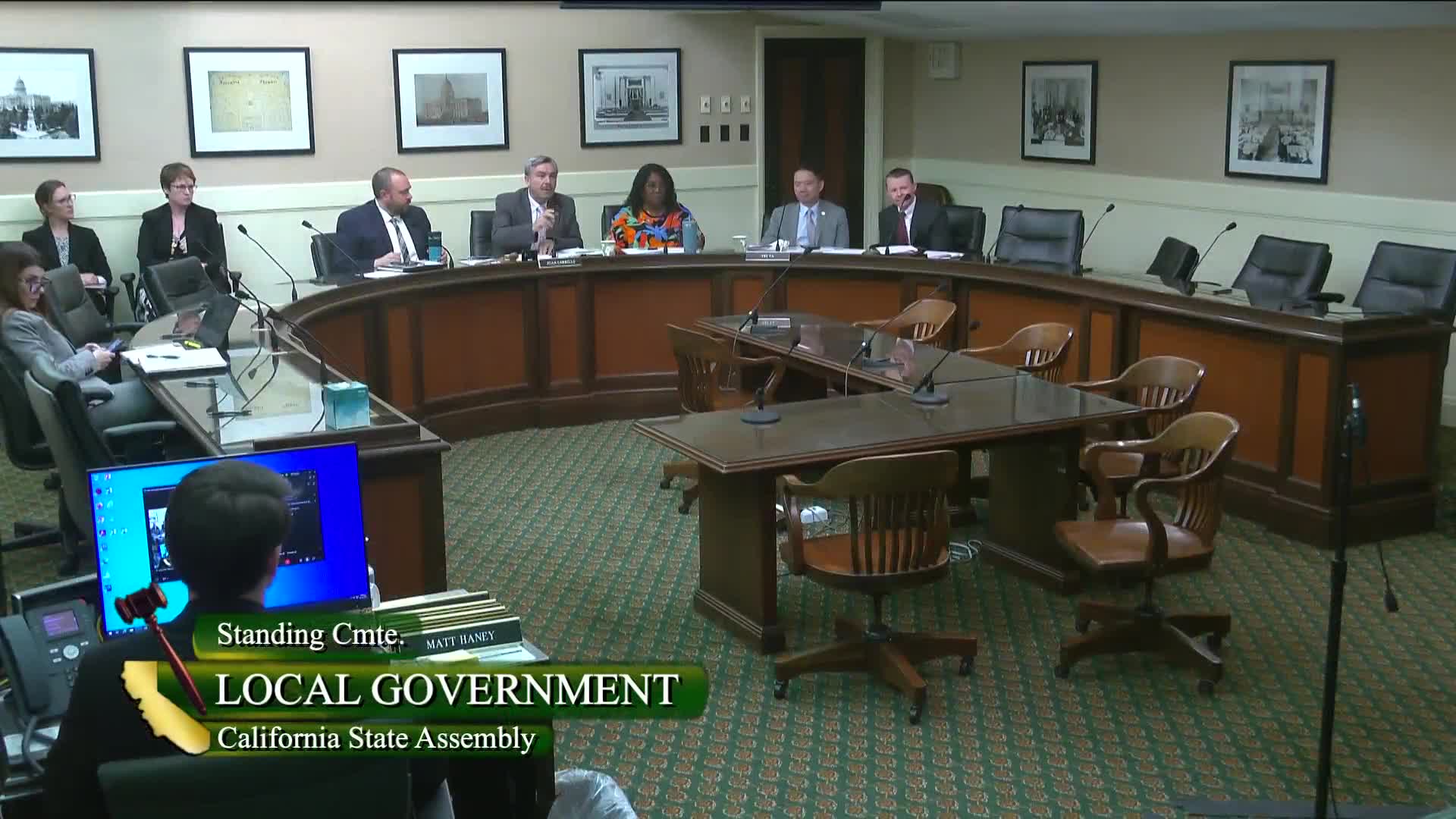
Bill targets Mello-Roos loophole to make shoreline properties share infrastructure costs
